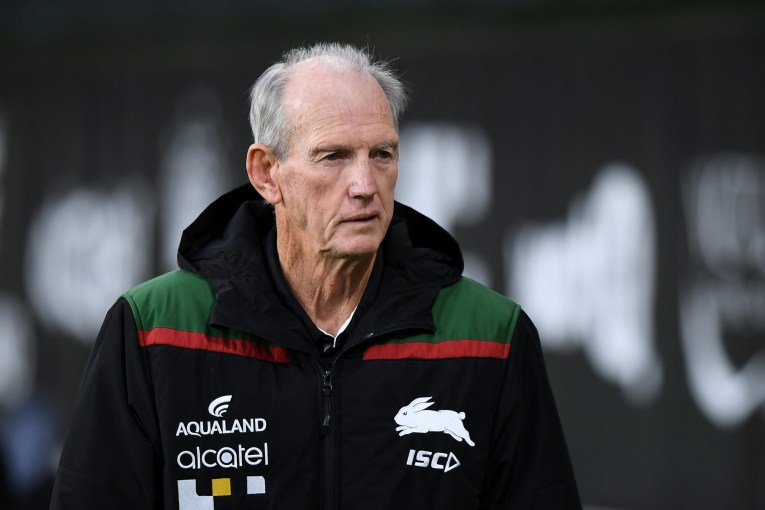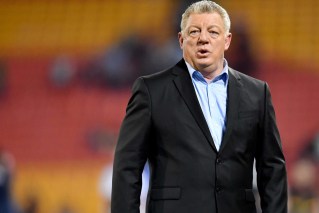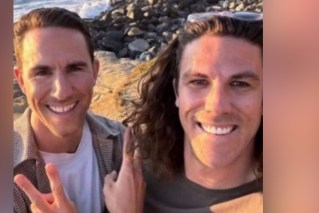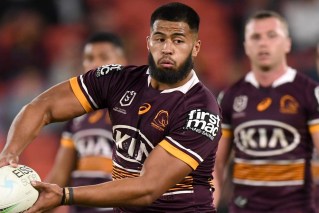The money’s on the LNP but they’ll need to mend the infighting first
With an election only months away, Opposition Leader Deb Frecklington wants any infighting kept behind closed doors as latest figures reveal the party has gained better financial backing than the ALP.
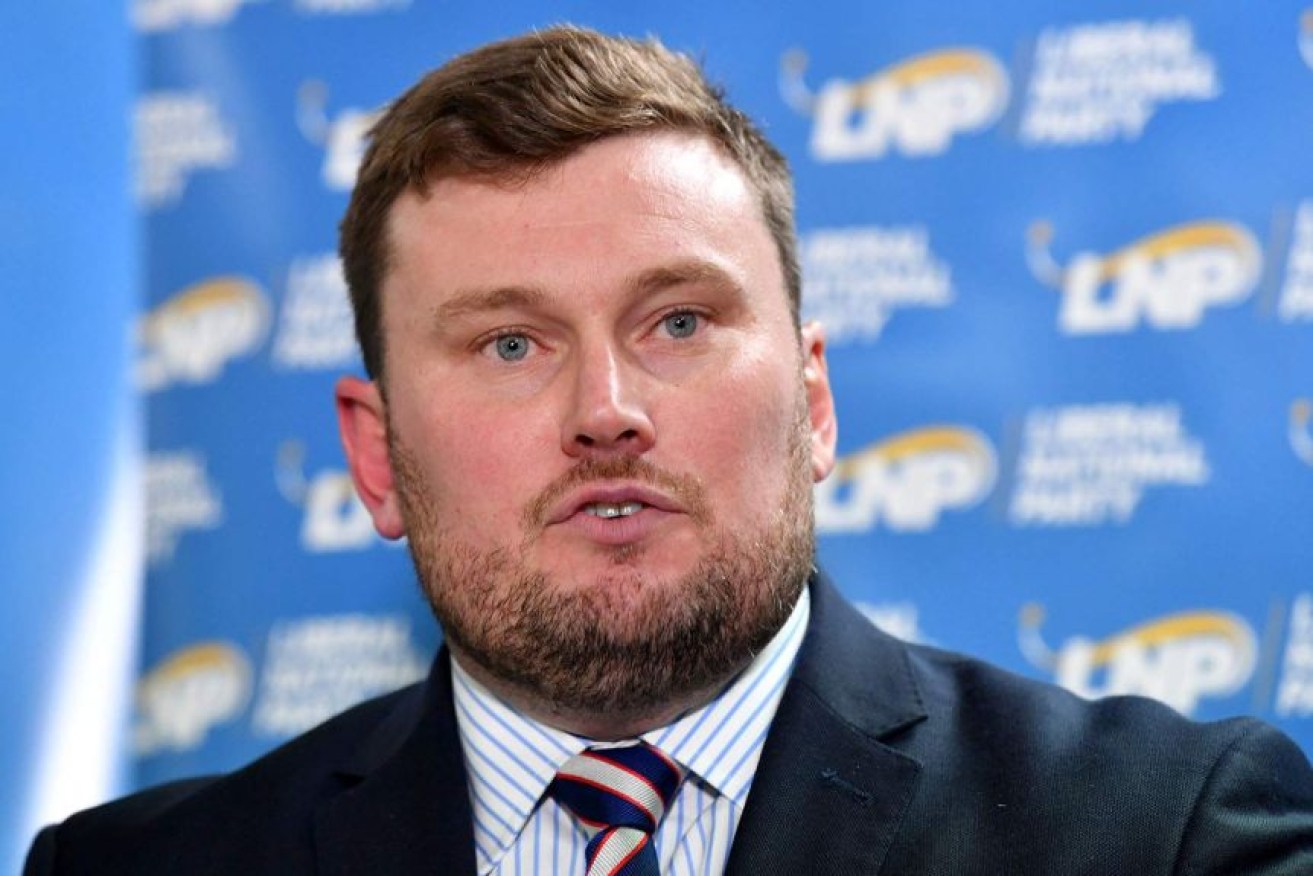
After a recent poll in tabloid The Courier-Mail showed Frecklington struggling to take the fight to Premier Annastacia Palaszczuk, the newspaper reported “leaked” Liberal National Party polling showing the organisation was well aware of the issue.
Amid speculation of an imminent leadership challenge, Frecklington declared she would “not be bullied by backroom boys”. On Monday, the LNP partyroom rallied behind Frecklington, criticising the organisation in the process, with some calling on party president David Hutchinson to resign.
Electoral Commission of Queensland disclosures show the LNP, which no longer benefits from Palmer’s largesse and has previously sold some of its real estate holdings, has been raking in more donations than Labor. That is despite having its fundraising activities curtailed by social-distancing measures and a government ban on developer donations.
Since January 1, and including the lead-up to two state by-elections, $1,426,870 has been recorded going to the LNP, including $50,000 from businessman John Hull, $30,000 from party stalwart Ian McCauley and $30,000 from Mark Reppel.
Less than five months out from the election, Frecklington was today forced to tell reporters at parliament she was focused on question time and grilling the Premier.
“These internal party matters are exactly where they should be – behind closed doors,” Frecklington said, refusing to be drawn on whether she could work with Hutchinson in future.
Hutchinson is paid by a company linked to former LNP life member and rival party leader Clive Palmer, who has singled out Frecklington for criticism during the saga.
The polls indicate the LNP could still win the election but only if the mooted support aligns with the seats it needs to gain.
Labor, meanwhile, has remained reliant on unions for financial support, with the largest single donations among the $765,993 recorded during the period coming from the CEPU ($50,000) and the United Workers Union ($40,000 and $36,805).
It remains to be seen whether a mooted public service pay freeze prompts unions to reconsider their support. Legislation to enforce the freeze has yet to be put before parliament, however another bill proposes a cap on election spending that would allow parties to spend up to $92,000 for every endorsed candidate – or a maximum of about $8.55 million if they contest every electorate.
Parliament will debate whether the electoral expenditure restrictions should be retrospective. The Government has proposed a start date of March 30 this year.
